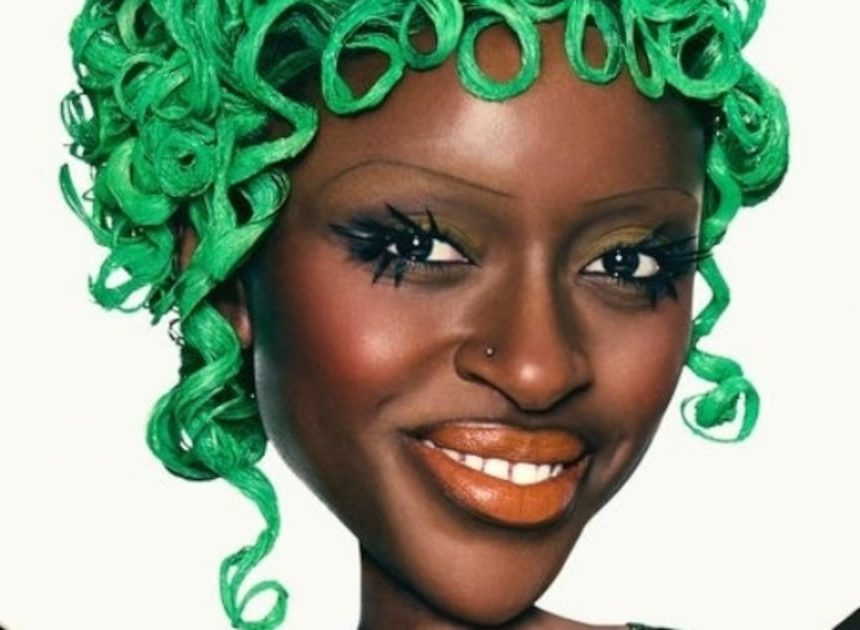COP30
The United Nations will hold its 30th climate change conference — known as COP30 — in Belèm, Brazil, starting on Monday. The mood heading in is grim: Many of the companies and governments that pledged to reduce emissions as part of the Paris Agreement in 2015 are falling well short of their targets. The Trump administration is trying to roll back some of what was accomplished over the last decade, while European regulators have watered down sustainability reporting rules.
Fashion hasn’t covered itself in glory. The apparel sector is supposed to cut emissions to 45 percent of 2019 levels by 2030. Instead, emissions are on track to rise significantly. That’s partly due to the unexpected rise of Shein and Temu, but Inditex and LVMH are among the fashion giants that have made little or no progress in curbing emissions. Agreements reached at COP30 likely won’t directly address fashion, but increased funding for decarbonisation efforts, new national climate targets and other measures would play a role in nudging the industry towards action — or providing a pass to continue on its current course.
We’ll have more coverage this week, so stay tuned.
Luxury Results
There are a couple of stragglers in luxury earnings this week, with Burberry reporting on Thursday and Richemont on Friday.
Richemont’s results have been as predictable as some sort of central European timepiece. Expect the usual headlines about strong jewellery sales defying the luxury downturn. There is some grit in the gears: Record gold prices aren’t ideal for jewellers, especially when their customers are feeling price sensitive. Tariffs and the weak dollar are further driving up prices for shoppers in the US, which is consistently one of Richemont’s biggest and best-performing markets. Those factors will weigh on margins, but probably not enough to derail the company’s momentum.
Burberry’s trajectory is less predictable, though generally pointed upward. The brand’s pivot back to trench coats and British heritage is a hit with American shoppers, and showing “green shoots” elsewhere, as chief executive Joshua Schulman put it in a July earnings call. Sales in the fiscal first quarter fell by 1 percent, and many analysts are predicting a return to growth in this week’s results. Expectations are high: The company’s share price has doubled from last year’s 14-year low.
Singles Day
The Chinese shopping holiday, which began with Alibaba but like Prime Day now includes most major retailers, officially happens on Nov. 11. But the deals started weeks early this year. As with Black Friday, retailers always have an incentive to get their promotions out before the competition. But experts are interpreting the transformation of a one-day event into a whole season as another symptom of China’s struggling economy, and the dire state of consumer spending in particular. Better for consumers to get in the habit of shopping than to splurge for one day only.
Is this strategy working? The first deals came during Golden Week in October, and seem to have fallen flat. Spending fell to a three-year low even as travel around the holiday increased. But many Western brands have expressed cautious optimism about Chinese consumers in earnings calls over the last few weeks, a major shift after many quarters of dour readings on China’s economy. They must be seeing something, and perhaps Singles Day is when that optimism will bear out.


